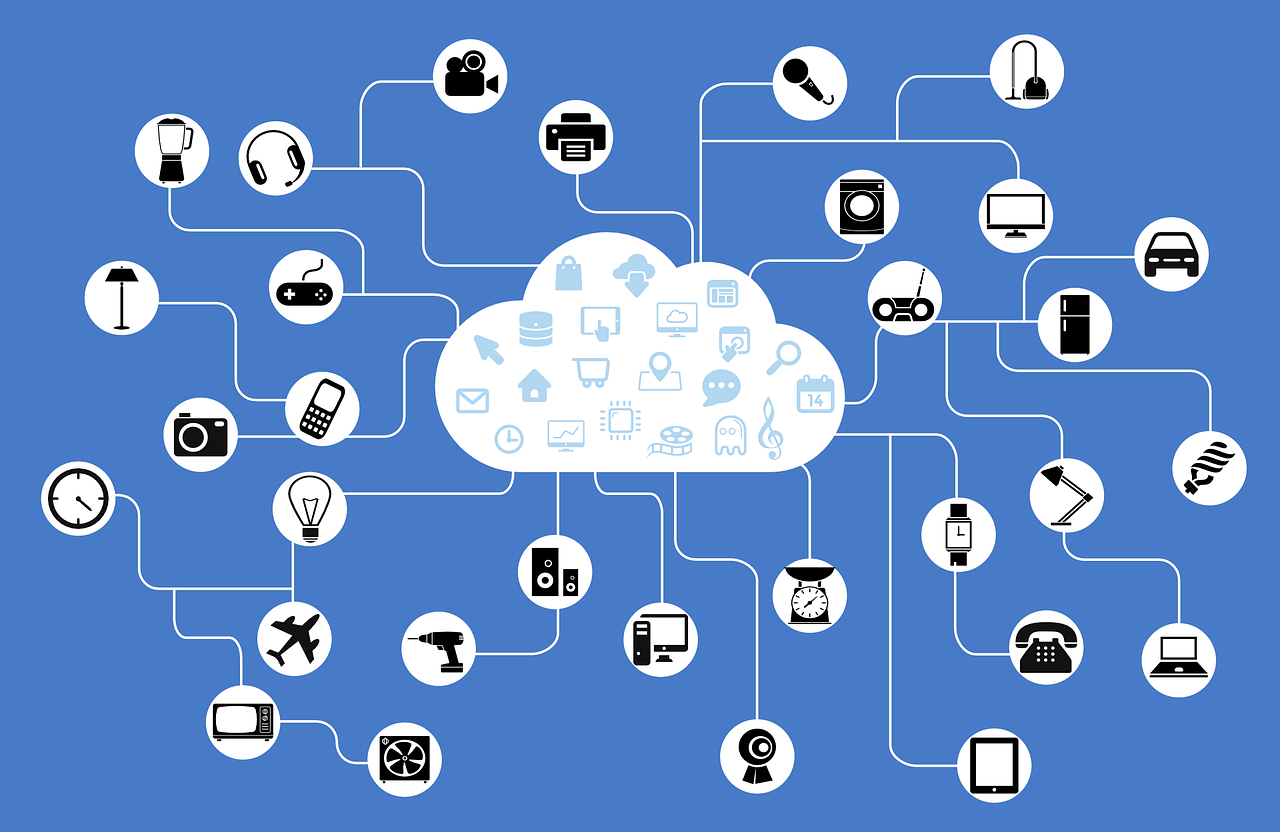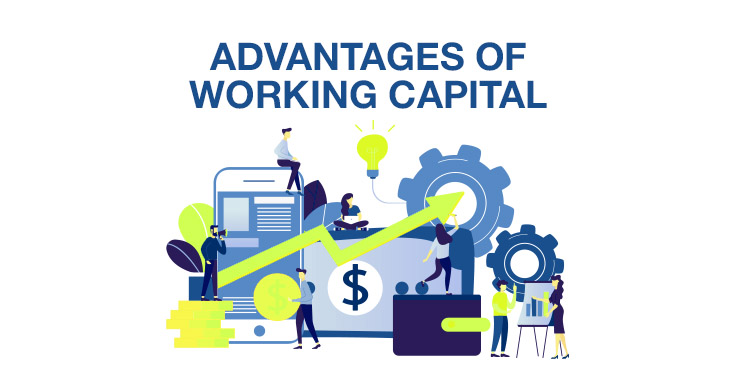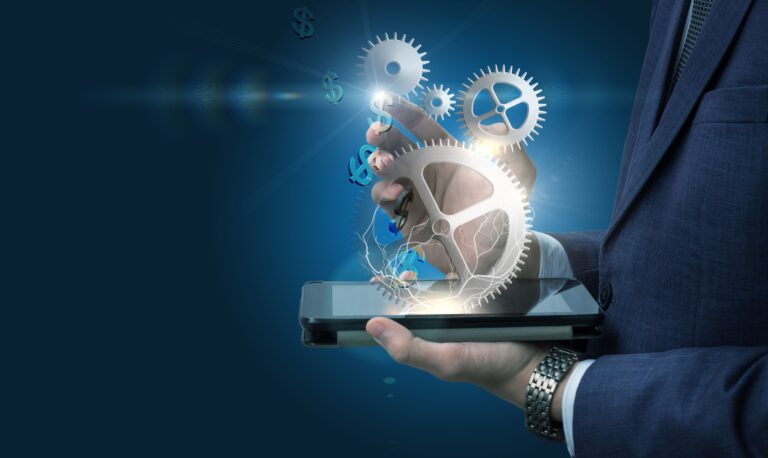We have all been given to think that IoT or Internet of Things is all about machines or devices which are communicating with each other over Internet. However, IoT is far bigger than just communication. It is the use of instrumentation technology in combination with predictive abilities at the device level and then throwing back the information for further analysis and taking the next level of decisions, which makes IoT one of the biggest game changer in today’s age.
The words from author William Gibson: “The future is already here – It’s just not evenly distributed”, seem to hold true for this particular point in time for IoT technology.
There are numerous industries that have started adopting IoT for optimizing their costs and extending to newer opportunities. However, there are few leaders in these industries who have actually taken than step, but the use case is so strong that the others will soon follow suit as predicted by most research firms.
Across Industries the opportunities to leverage IoT are vast and possibly every industry has a business case for it. The section to follow enlists the use cases across some of the industries where IoT has been adopted thus far.
IoT – Adoption across Industries
Smart Cities
There are very large scale projects carried out using IoT to develop Smart cities across the world and in India. IoT technology is being widely used in Smart Cities for Intelligent Toll Management Systems, Highway Traffic Management Systems, Command and Control centers for Emergency services like for PCR vehicle dispatch and tracking, Ambulance, Fire etc.
Manufacturing
IoT has induced the next Industrial revolution known as Industry 4.0. The sensors installed at different stages of assembly lines measure, optimize and report the status of production in real-time to supervisors and top management sitting miles away from the shop-floor to take corrective measures. The data also helps in preventing any downtime in the production line by providing the data for preventive maintenance of equipment in production lines.
Utilities
The utility companies across the world have started adopting IoT for Smart-Metering, wherein the need for physical meter reading for utilities has been taken away.
The data for preventive and reactive maintenance of distribution equipment like substations, distribution lines etc. like the equipment noise levels, output degradation, or failure is being collected in real-time and the service levels are being improved for end customers.
Logistics
Logistics companies have been using IoT based devices for a long time now. In combination with Geo-location and multiple sensors, the logistics companies have optimized their vehicles’ routes, monitored fuel consumption, performed preventive maintenance of their vehicles, monitored and rewarded drivers with good driving behavior, and have automated Vendor Invoice verification through E-Log books thereby achieving significant cost savings.
Media (AV) and Entertainment
The entertainment industry has been quick to innovate and adopt new technologies and has not been behind in adopting IoT. Smart TVs, Mobiles, Tablets have leveraged IoT to stream data from and to the internet. Media and Entertainment have been the biggest contributor to the volume of content consumed/produced by IoT devices.
Internet enabled cameras like the Drone mounted ones have made it possible to record live events and broadcast in real time over the internet.
IoT – Risks and Challenges
While IoT is steadily getting adopted across industries there are a few risks and challenges which need to be addressed with time and are enlisted below:
- Lack of standardization: Though efforts are being made towards designing lightweight protocols that can work on low power networks that are typically used for IoT; there are few manufactures who have adopted these protocols. This leads to the challenges of allowing the devices from different manufactures to communicate with each other as a first problem. Secondly, there is a very high risk since in many of the IoT devices, the data transmission is not secured and there are sub-optimal authentication techniques in use to identify the communicating device.
- Network Reliability: Though most devices come with an offline data storage capabilities, but delay in transmitting the data due to unavailability of network is a big challenge for real-time communication.
- Power: The real use case for IoT comes for devices which are not stationed and are mobile. For devices which are mobile there is a strong need of power source which can keep the device running for long stance of time without having to recharge it every now and then.
Conclusion
IoT is certainly a game changer. Though it is at an initial adoption stage but has a huge potential across all businesses. Leverage it for your business now, but do remember to understand and address the constraints that exist today.
Last modified: November 27, 2024















